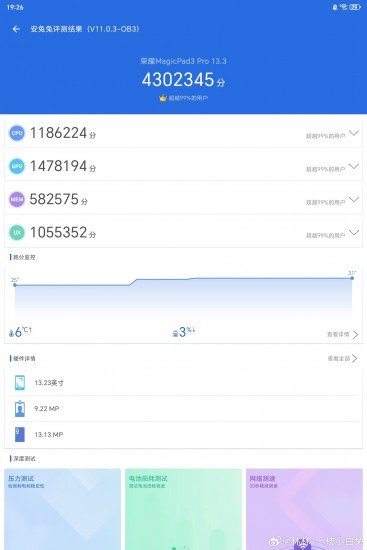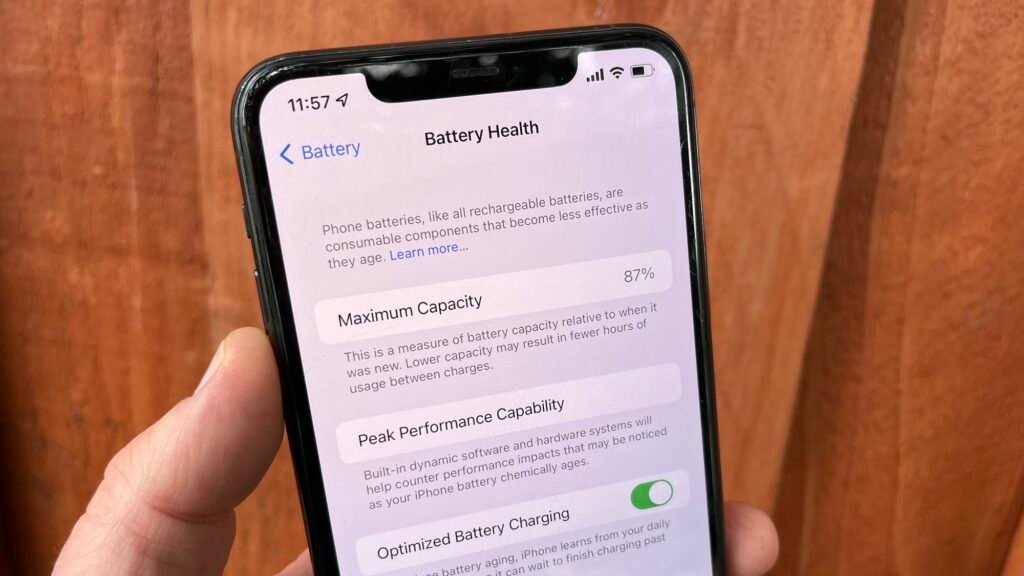In today’s fast-paced world, where weight loss and fitness trends are all over social media, many people are looking for hacks like skipping dinner to shed a few quick kilos. From intermittent fasting to calorie-cutting, skipping dinner has become a popular strategy to lose weight fast. But according to health experts, this habit could cause more harm than good in the long run.
Skipping a meal like dinner may help create a calorie deficit—the body consumes fewer calories than it burns, which can lead to weight loss. For busy professionals, this method often feels like a convenient solution: less cooking, less eating, and quicker results on the weighing scale. However, the side effects of regularly skipping dinner can have a lasting impact on your body, metabolism, and overall well-being.

What happens to your body when you skip dinner?
Dr. Twincy Ann Sunil, a clinical dietician and nutritionist at Apollo Spectra Hospital in Bangalore, told The Indian Express that while skipping dinner may offer short-term benefits, it can disturb your body’s natural balance. One of the key concerns is a drop in glycogen, the stored form of glucose that fuels your body. Without sufficient calories, your blood sugar levels can fluctuate, leading to dizziness, fatigue, and irritability.
She also warns that it can interfere with ghrelin, the “hunger hormone” that controls when and how much we eat. When your eating patterns become irregular, it can confuse your body’s natural signals for hunger, making it harder for your body to regulate your appetite in the long term.
Long-term health risks of skipping dinner
Missing out on nutrients:
Over time, regularly skipping dinner can lead to more serious health issues. The body may start missing out on essential nutrients, especially if dinner was your main source of proteins, vitamins, or minerals. This can lower your immunity, weaken your energy levels, and increase the risk of nutritional deficiencies.
Muscle loss
Another risk is muscle loss. “When the body doesn’t get enough calories, it may begin to break down muscle for energy—especially if protein intake is also low,” says Dr. Sunil. This not only weakens your body but also slows down your Basal Metabolic Rate (BMR), which is the number of calories your body burns at rest. As a result, weight loss slows down, and when the diet ends, rapid weight gain may follow.
Impact on emotional and mental health
Skipping dinner might also lead to harmful eating behaviours. You may start experiencing binge eating or develop disordered eating patterns. “Over time, this can impact both physical and mental health, leading to fatigue, lethargy, and mood swings,” warns Dr. Sunil.
The body, in response to the reduced calorie intake, tries to conserve energy by slowing down metabolism and cutting down energy expenditure. This can make even daily tasks feel exhausting.
Who should be extra careful?
Certain groups including children, elderly people, athletes, and those with diabetes should be extra cautious. For them, missing dinner can be dangerous, as their bodies require consistent meals for energy, growth, or recovery.
However, if you still feel like skipping dinner would be a solution, then you must consult a qualified dietician or nutritionist before trying extreme or restrictive diets.


















